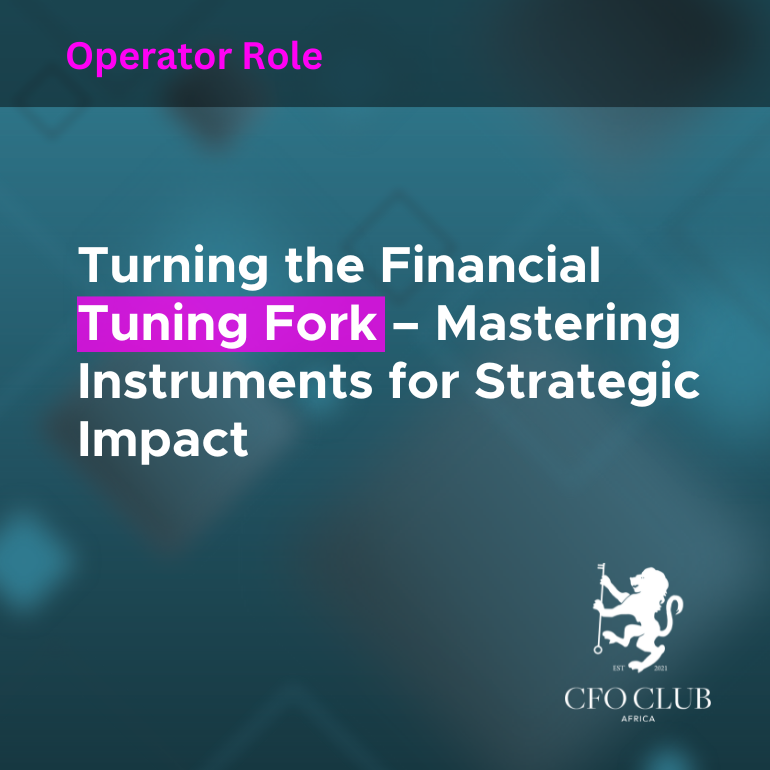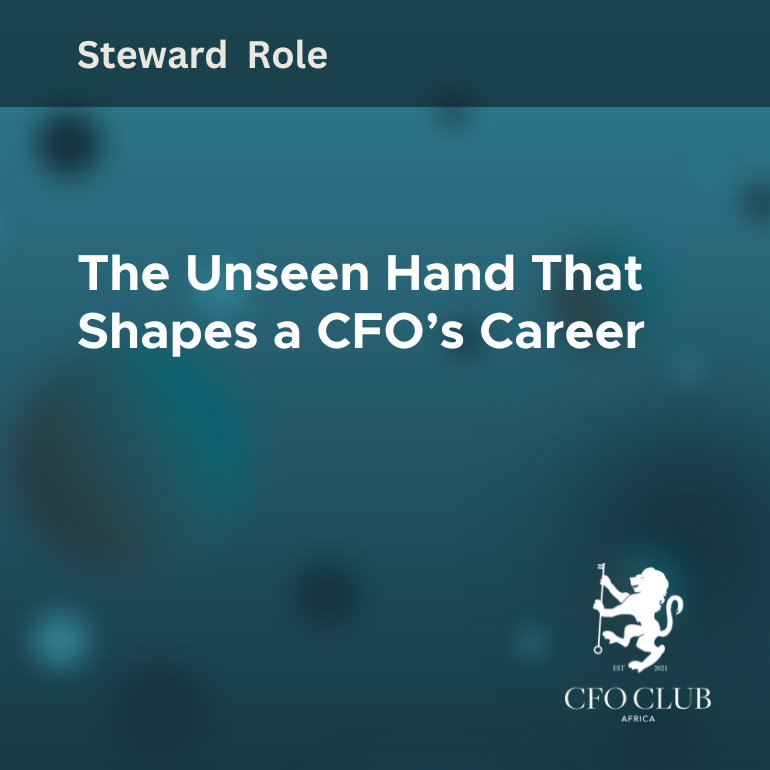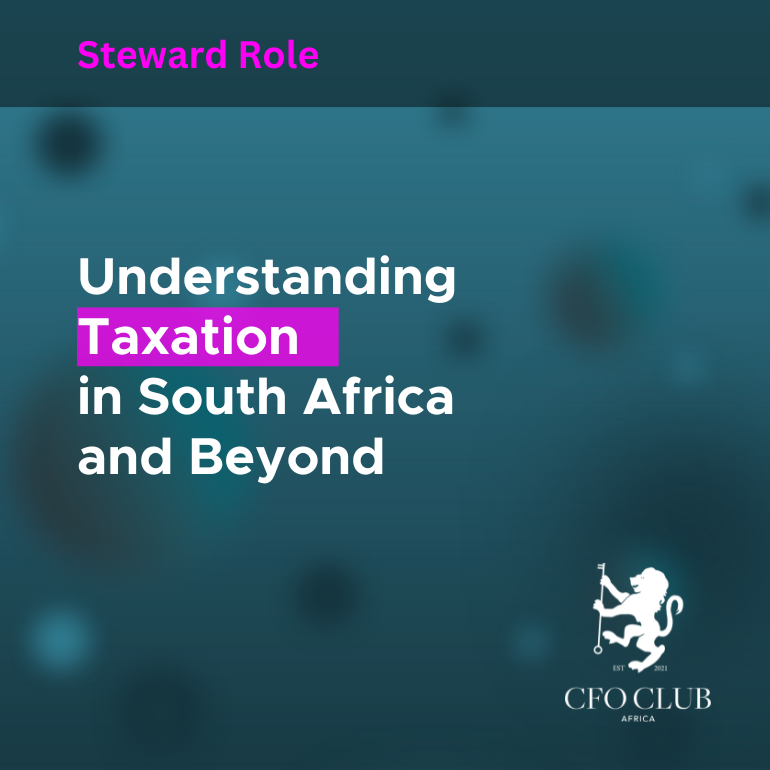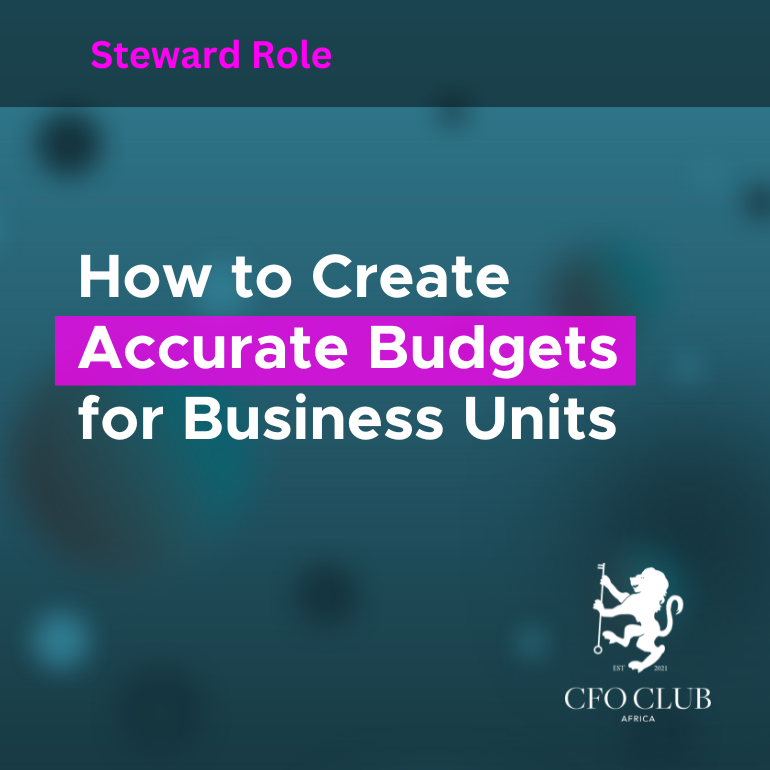Turning the Financial Tuning Fork – Mastering Instruments for Strategic Impact
Turning the Financial Tuning Fork – Mastering Instruments for Strategic Impact
When a CFO makes the wrong call on funding, risk, or liquidity, it doesn’t just dent the balance sheet—it rattles the entire business. Financial instruments are the tools of your trade. But in today’s market, they’re more than that—they’re strategic weapons. Used well, they protect margins, unlock growth, and buy credibility. Used carelessly, they create noise you can’t control.
And in this role, you don’t get to blame the instrument. You own the outcome.
Capital Isn’t the Question—Structure Is
Raising capital isn’t hard. Raising the right capital, on the right terms, at the right time, that’s what sets a sharp CFO apart. The old debt-versus-equity debate misses the point. This is about crafting a structure that holds under pressure.
Debt is cheap until it isn’t. Equity is flexible until you need control. Hybrids—convertibles, preference shares, mezzanine structures—exist for a reason: they give you room to manoeuvre when pure options back you into a corner.
Your job? Don’t just fund the business. Architect it.
Derivatives Aren’t Just for Banks
You hedge because volatility eats margin. And when it’s left unhedged, it’s not just a forecasting problem, it’s a reputational one.
Interest rate swaps, forward cover, options—these aren’t exotic. They’re essential. But they’re also dangerous when poorly understood or loosely applied. If your treasury policy is a Google Doc last touched in 2022, it’s time for a rethink.
You’re not speculating. You’re controlling exposure. If you can’t explain why a hedge exists, you probably shouldn’t have it.
Rule one: Risk isn’t the enemy. Unpriced risk is.
Cash Isn’t King—Discipline Is
Holding too much cash is lazy. Holding too little is reckless. But holding cash without a purpose? That’s just bad strategy.
Treasury bills, short-term deposits, callable structures, they’re not about squeezing returns. They’re about staying ready. The cost of missing opportunity is often greater than the cost of capital.
Cash doesn’t just solve problems. It creates options. And options—when everyone else is stuck—are how you win.
IFRS 9 Isn’t Just a Standard—It’s a Spotlight
You don’t want your valuation approach explained by your auditor in front of the board. Level 2 and 3 instruments carry weight. If your team doesn’t understand classification, measurement, and impairment triggers—you’re exposed.
Every hedge, every conversion feature, every embedded derivative has a reporting consequence. If your hedge accounting is built on assumptions, your numbers aren’t safe. They’re a liability.
Bottom line: If it’s on your books, you should be able to defend it.
Structured Finance: Not Just Clever, but Commercial
Acquisitions, carve-outs, JVs—none of it gets done without structure. Deferred consideration, earn-outs, vendor loans, synthetic options, they make deals doable. But they also carry risk. Tax, reporting, and control must be nailed down before you put pen to paper.
Your legal team won’t catch a tax trap unless you ask the right question. Your tax team won’t flag a reporting issue unless you bring them in early.
Smart CFOs build a deal with one hand and manage the fallout with the other.
Instruments Talk. Make Sure They Say What You Mean
Issuing equity? You’re signalling growth. Issuing debt? You’re signalling confidence. Doing a share buyback? That’s a trust play.
Every financial decision sends a message. And silence isn’t neutral. If you don’t frame it, the market will. That’s why your instruments need to align with the narrative you’re telling investors, analysts, and stakeholders.
What you raise matters. But how you raise it—loudly or quietly—matters just as much.
Regulation Doesn’t Care That You Meant Well
Cross-border operations, shifting tax rules, withholding risks, these aren’t small-print issues. If your instruments trip a regulatory wire, no one’s going to care that you were trying to be clever.
You need eyes on tax, legal, compliance—before, not after. If your capital is structured well but collapses under disclosure rules, you’ve traded strategy for scandal.
Do it right. Or don’t do it at all.
Final Word: Play the Instruments, Don’t Let Them Play You
You don’t need to be the most technical person in the room. But you do need to understand how your financial instruments shape your story—financially, operationally, and reputationally.
This is your toolkit. You’re the architect. And in uncertain markets, clarity is your competitive advantage.





